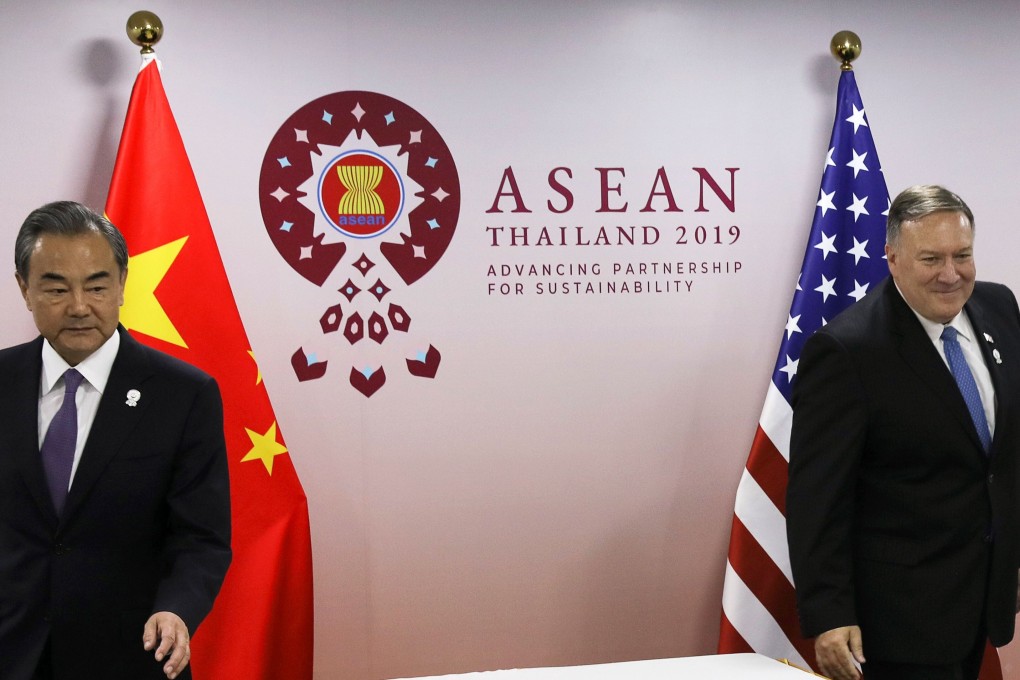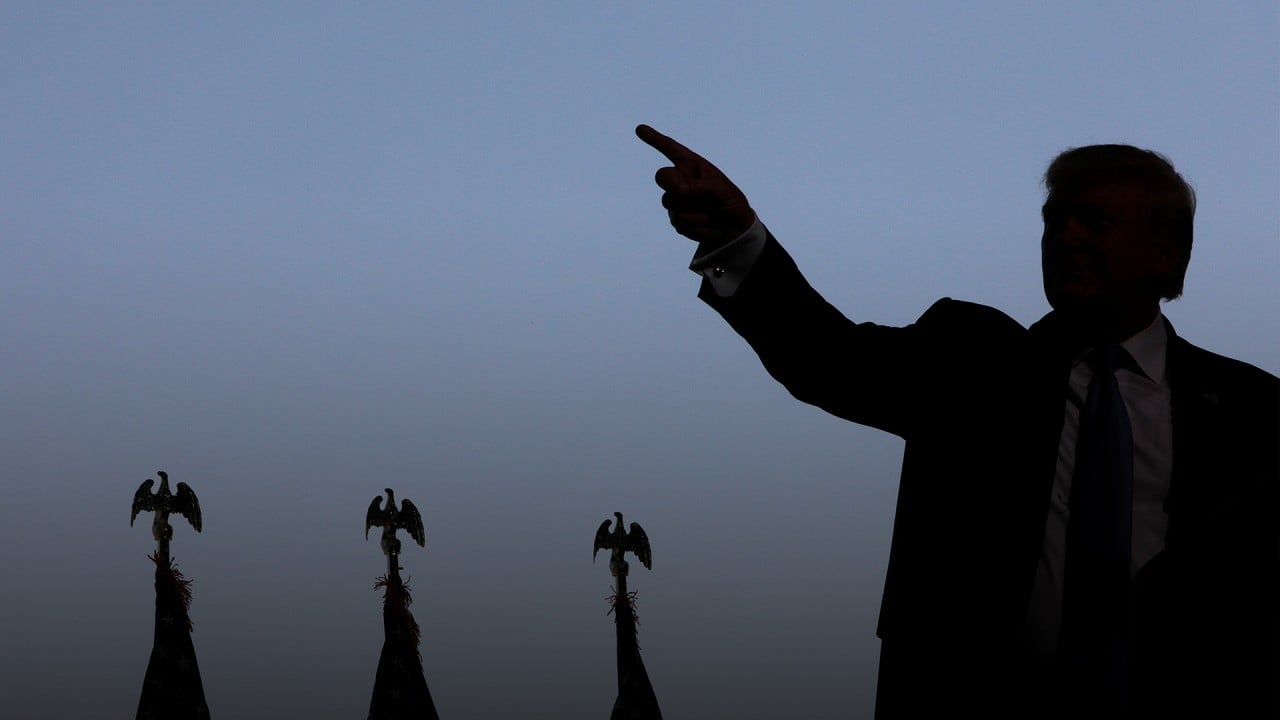Opinion | Why the US footprint in Asia looks set to shrink
- The blow to globalisation dealt by the coronavirus will be exacerbated by US presidential candidates running on protectionist platforms. The result may be a reduction of American influence in Asia, with China gaining ground

Two events are shaking up the global order. The first is the coronavirus, which is raging across nations worldwide, leaving in its wake sealed national borders, major disruptions to trade routes and supply chains on life support.
According to the US Census Bureau, the total value of imports to the US from China, Japan and South Korea declined by around 17 per cent for the first half of 2020 compared to that of 2019. In some cases like Singapore, the historical trade surplus with the United States has become a deficit.

01:22
US-China trade talks postponed as Trump says he does not want to talk to China
The coronavirus hammering global trade and both US presidential candidates capitalising on xenophobic public opinion with protectionist platforms make for a volatile global order. The combination of these events signals a turn away from globalisation towards regionalism in the Asia-Pacific, led by a strengthening China and a retreating US.

